To provide the best experiences, we use technologies like cookies to store and/or access device information. Consenting to these technologies will allow us to process data such as browsing behaviour or unique IDs on this site. Not consenting or withdrawing consent, may adversely affect certain features and functions.
The technical storage or access is strictly necessary for the legitimate purpose of enabling the use of a specific service explicitly requested by the subscriber or user, or for the sole purpose of carrying out the transmission of a communication over an electronic communications network.
The technical storage or access is necessary for the legitimate purpose of storing preferences that are not requested by the subscriber or user.
The technical storage or access that is used exclusively for statistical purposes.
The technical storage or access that is used exclusively for anonymous statistical purposes. Without a subpoena, voluntary compliance on the part of your Internet Service Provider, or additional records from a third party, information stored or retrieved for this purpose alone cannot usually be used to identify you.
The technical storage or access is required to create user profiles to send advertising, or to track the user on a website or across several websites for similar marketing purposes.
 As with the last few months, the latest UK employment figures look like a sea of tranquillity. The number of people in work is up ever so slightly (setting another record), unemployment down slightly again (ditto) and earnings continuing to grow. After a couple of months where there were hints that the labour market might be cooling down, today’s figures suggest that it is heating up once more. However beneath the surface, the numbers highlight some big changes in employment trends – with two things in particular standing out. (more…)
As with the last few months, the latest UK employment figures look like a sea of tranquillity. The number of people in work is up ever so slightly (setting another record), unemployment down slightly again (ditto) and earnings continuing to grow. After a couple of months where there were hints that the labour market might be cooling down, today’s figures suggest that it is heating up once more. However beneath the surface, the numbers highlight some big changes in employment trends – with two things in particular standing out. (more…)





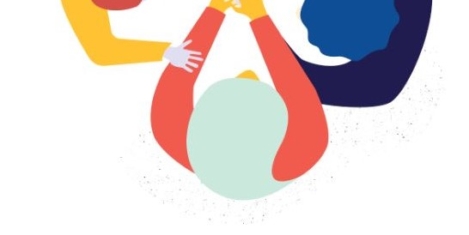
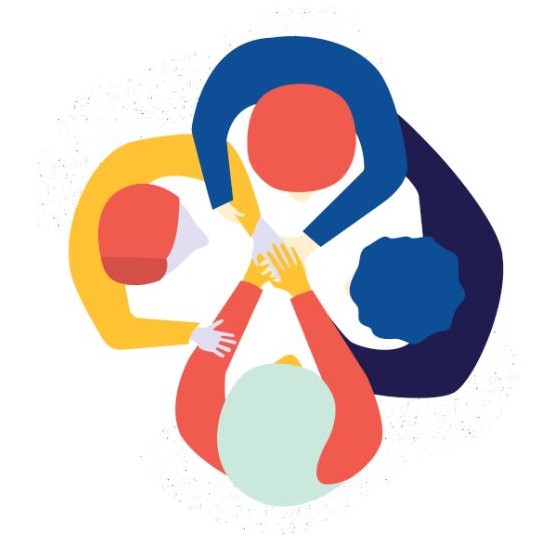
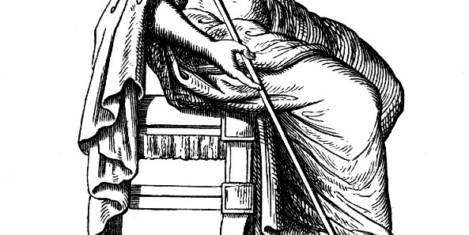







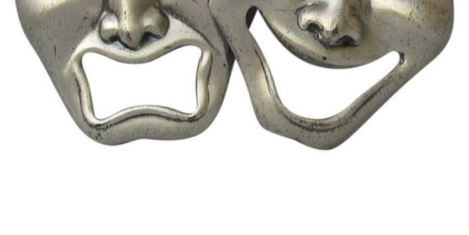







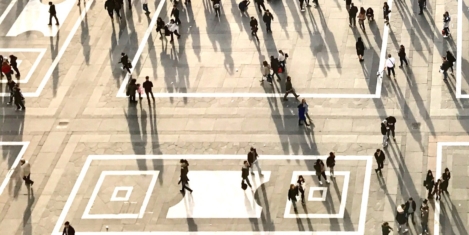









July 15, 2019
The importance of self care for mental health
by Christine Husbands • Comment, Wellbeing